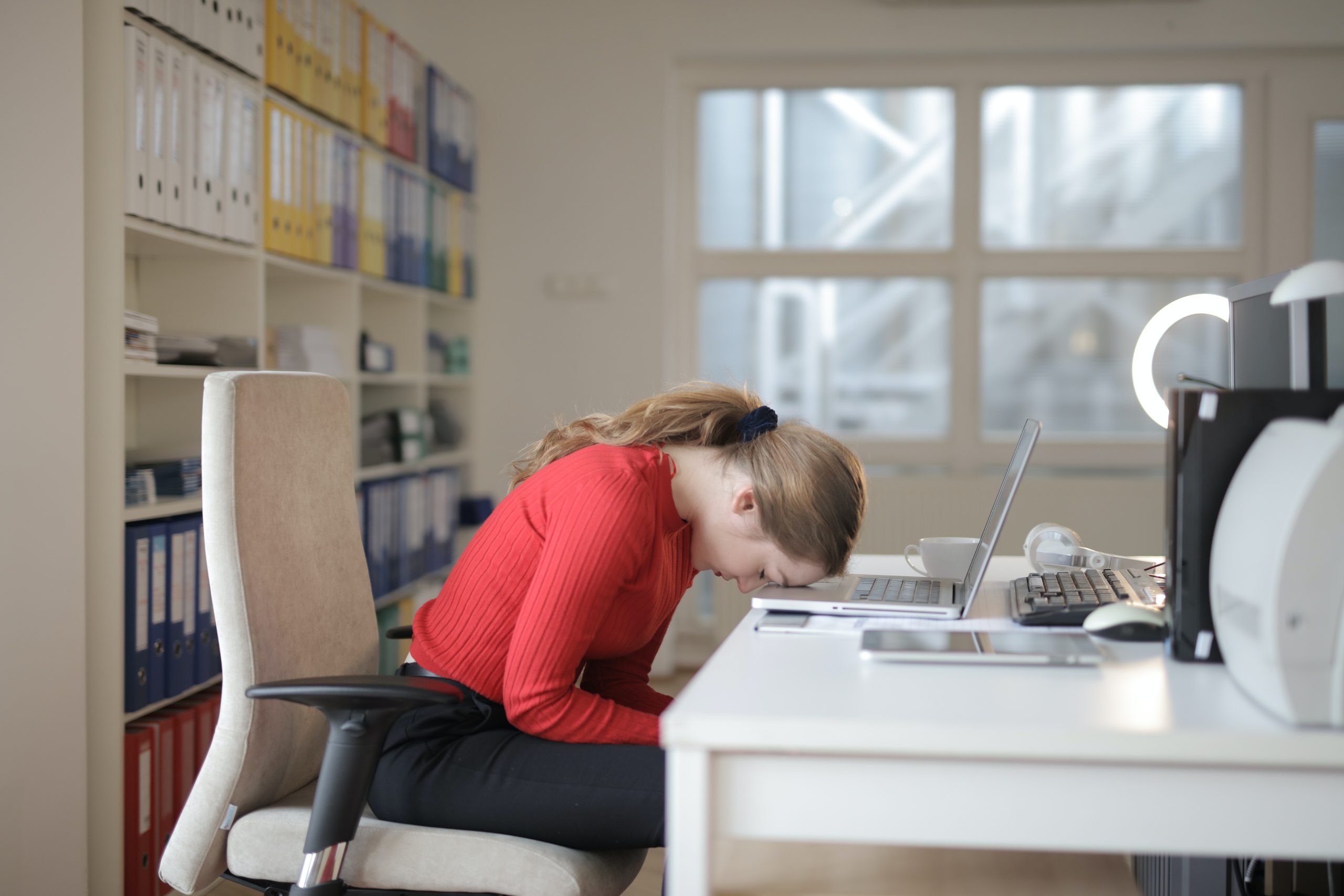
As any MU scholar with a caffeine habit can attest, Columbia has a vibrant espresso scene. Nonetheless, not even the strongest chilly brew can utterly dispel the fog of daytime sleepiness.
Based on an article printed in Nature and Science of Sleep, most school college students sleep lower than eight hours per evening. As a scholar, I’m actually acquainted with working on little or no sleep. Whether or not it’s to review, socialize or work on a brand new article, late nights have plagued me all through my time in school.
The American Institute of Stress confirms that the varied stressors of school life — residing away from house, sustaining new friendships and maintaining with coursework — can hinder sleep. Compared to their older counterparts, many younger adults don’t naturally turn into drained till later within the night, which might make waking up for an 8 a.m. class all of the extra dreadful.
Evidently, college students must prioritize sleep, besides, it’s almost not possible to keep away from sleeplessness throughout school totally. On these unlucky mornings once we don’t get up feeling rested, we shouldn’t draw back from catching up on sleep through the day, particularly with the assistance of midafternoon “energy naps.”
Accredited medical facilities and wellness organizations alike have discovered quick naps through the day will be extremely useful. As an illustration, the Mayo Clinic notes {that a} 20-minute nap within the afternoon can enhance temper, reminiscence, alertness and response time. Moreover, energy naps promote rest and discourage the grating fatigue so many on school campuses really feel.
The idea of integrating midafternoon naps into one’s routine isn’t new, with scheduled, communitywide relaxation occasions courting again to historical Rome. Traditionally, many locations internationally, together with elements of Spain, have inspired a interval of respite through the hottest a part of the day.
Recognized historically in Spain because the “siesta,” this each day juncture is proof that alternatives for daytime relaxation are on the market. College students, particularly these accustomed to American college settings, simply must develop their notions of how (and when) we should always let ourselves sleep. Furthermore, universities like MU ought to actively encourage college students to undertake a pro-siesta angle and take naps when vital. Up to now decade, colleges like Texas A&M College and James Madison College have achieved simply that, creating designated napping areas for college kids on campus.
Though the prevalence of the siesta has declined in locations like Spain, poisonous “productiveness tradition” has elevated in numerous workplaces and minds throughout the globe. On the core of this development is an emphasis on rigorously working, typically to the purpose of psychological pressure and burnout, for the sake of 1’s profession or the optics of success.
Sadly, napping and rest are pariahs in productiveness tradition, which continuously glamorizes an absence of sleep. Markedly, school campuses aren’t exempt from this pervasive office mindset. To various extents, college students really feel the impacts of the poisonous productiveness tradition that permeates the society they’ll enter after commencement.
The strain to all the time be busy, all the time be working and all the time achieve success can seep into the essence of school life. The calls for of societal productiveness tradition could affect how we navigate our already anxious coursework, in addition to how we take part in our already time-consuming extracurriculars, leaving us extremely drained.
Paradoxically, romanticized tiredness inhibits the very factor productiveness tradition claims to endorse: success. If an influence nap after an evening of unsatisfactory sleep could make that success just a bit extra achievable, as research recommend, then school college students — and everybody else — ought to be all in.
In a world that places a lot emphasis on how nicely we carry out academically or how busy we’re, it’s important we let ourselves recharge. Napping isn’t an indication of laziness, and it shouldn’t be seen as an unproductive use of our time. As an alternative, naps are earnest acts of self-love, defying a tradition that continuously devalues real leisure and, much more importantly, wholesome sleep.

